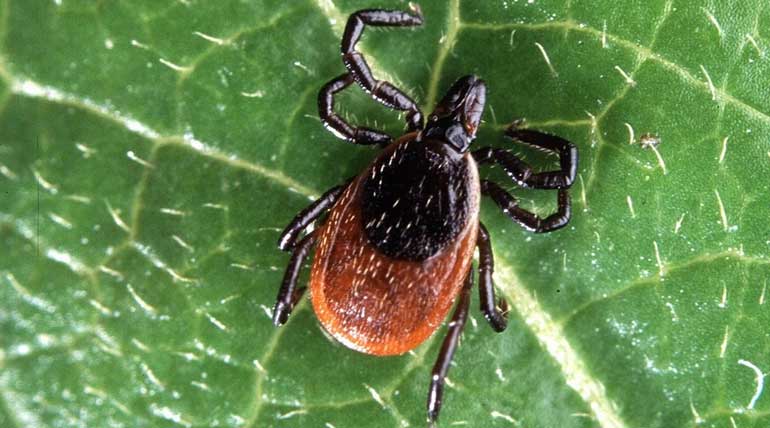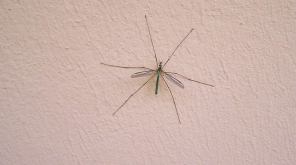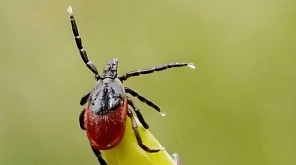ads
CDC Warning, Tick that produce Deadly Disease to Humans in U.S.
Uma (Author) Published Date : Dec 01, 2018 12:38 ISTHealth News
The tick, known as the Asian long-horned tick, scientific name Haemaphysalis longicornis, first new tick species to enter the U.S. in 50 years transmits the life-threatening virus into the body on its bite. This Asian species can multiply without mating up to 2000 eggs after their feed at a time.
A needle horned tick turned on a pet sheep in New Jersey last year. Since then, the tick has been found in Arkansas, Connecticut, Maryland, New York, North Carolina, Pennsylvania, Virginia, and West Virginia. The species has been found on pets, livestock, wildlife, and people.
In spite of careful controlling of these ticks into ports through imported animals and materials, however, they find their entry in the US. It's native to eastern China, Japan, the Russian Far East, and the Korean Peninsula and is now also established in Australia and New Zealand.
Many diseases spread by ticks are underreported. Many vector-borne diseases that are transmitted by the black-legged or deer tick, spread at least seven human pathogens in the United States, including Lyme disease which spreads bacterial infection.
The agency is working closely with agricultural, veterinary researchers, officials from several federal agencies including the CDC, the Agriculture Department, the Environmental Protection Agency, the National Park Service and the Defense Department to find a national strategy to get rid of these dangerous bugs and the deadly disease. But the problem is getting worst. Ticks can be found even in your house garden so wearing fully covered dresses, not allowing the indoor pets to outdoor, and using insect repellants might help to protect us.
Lyme disease is a tick-borne disease in North America, which had rose in the last decade. The ticks can suck life stock to the point of death. In Asia, S.F.T.S. is the most dangerous disease that causes blood to thin and internal bleeding resulting in organ failure. Useful information is published in the American Journal of Tropical Medicine and Hygiene.
Ticks and mosquitoes can breed more vigorously in warming temperatures. Steps are taken to create awareness among the public health officials, healthcare professionals and veterinarians about the possible threat from this bugs.
CDC Warning, Tick that produce Deadly Disease to Humans in U.S.
Related News



